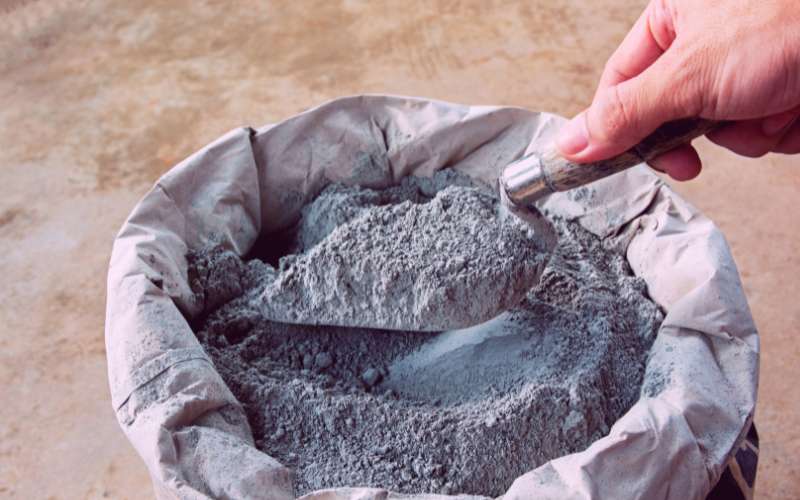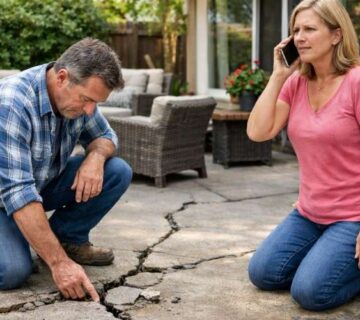How to Choose Quality Concrete Materials for Long-Lasting Projects is crucial for durability and strength. Have you ever seen cracked concrete just months after installation? Choosing poor-quality materials leads to costly repairs and structural issues. Whether you’re working on a driveway or patio,selecting the right materials ensures lasting results. In this blog, we’ll explore what to look for in concrete materials, how to identify top-quality options, and why making the right choice saves you time and money.
Best Tips for Selecting Durable Concrete Materials for Any Project
Choosing high-quality concrete materials ensures the strength and durability of your construction projects. Poor material choices lead to cracks, weakening, and costly repairs. Below, we explore the essential factors to consider when selecting concrete materials.
Understanding the Components of Quality Concrete
To ensure long-lasting concrete, you must understand its key ingredients:
- Cement – The binder that holds everything together. Choose Portland cement for superior strength.
- Aggregates – These include sand, gravel, or crushed stone. Opt for clean, well-graded aggregates to prevent voids.
- Water – The water-to-cement ratio affects strength. Use clean water with a low water-cement ratio for durability.
- Admixtures – These improve workability and durability. Select air-entraining and water-reducing admixtures for added strength.
Factors to Consider When Selecting Concrete Materials
1. Cement Quality Matters
Not all cement is the same. Look for fresh cement with an ISO or ASTM certification. Avoid old or lumpy cement, as it affects strength.
2. Choosing the Right Aggregates
Aggregates should be angular, well-graded, and clean. Dirty or weak aggregates weaken the structure. Avoid flaky or soft aggregates to ensure durability.
3. Water-to-Cement Ratio
A low water-to-cement ratio (W/C) improves concrete strength. Aim for a W/C ratio below 0.50 for durable structures. Too much water weakens concrete.
4. Use High-Quality Admixtures
Admixtures enhance workability and strength. Water reducers, superplasticizers, and accelerators improve performance. Select admixtures that match your project’s needs.
How to Test Concrete Quality Before Use
Before using concrete, perform tests to ensure high quality:
- Slump Test – Measures workability. A good slump value prevents weak structures.
- Compressive Strength Test – Confirms strength after curing. Aim for 3,000 to 5,000 psi for residential projects.
- Air Content Test – Checks air entrainment for durability in freeze-thaw conditions.
Testing prevents structural failures and ensures long-term performance.
Common Mistakes When Selecting Concrete Materials
Avoid these errors when choosing concrete materials:
- Using too much water – Weakens the concrete, causing cracks.
- Ignoring aggregate quality – Poor aggregates reduce durability.
- Skipping quality tests – Leads to undetected material defects.
- Choosing the wrong cement type – Not all cement suits every project.
Being aware of these mistakes ensures a durable, strong structure.
Where to Source High-Quality Concrete Materials
- Reputable suppliers – Purchase from certified concrete suppliers.
- Local manufacturers – Check for compliance with ASTM and ISO standards.
- On-site batching plants – For large projects, ensure materials meet specifications.
Reliable sourcing guarantees consistent quality and durability.
Choose the Best Concrete Materials for a Long-Lasting Project
Selecting the right concrete materials ensures durability, strength, and long-term performance. High-quality cement, aggregates, and proper water-cement ratios make a difference. Avoid common mistakes and always test materials before use. If you need expert advice or reliable suppliers, contact us today! We’re here to help you choose the best materials for your project.





No comment